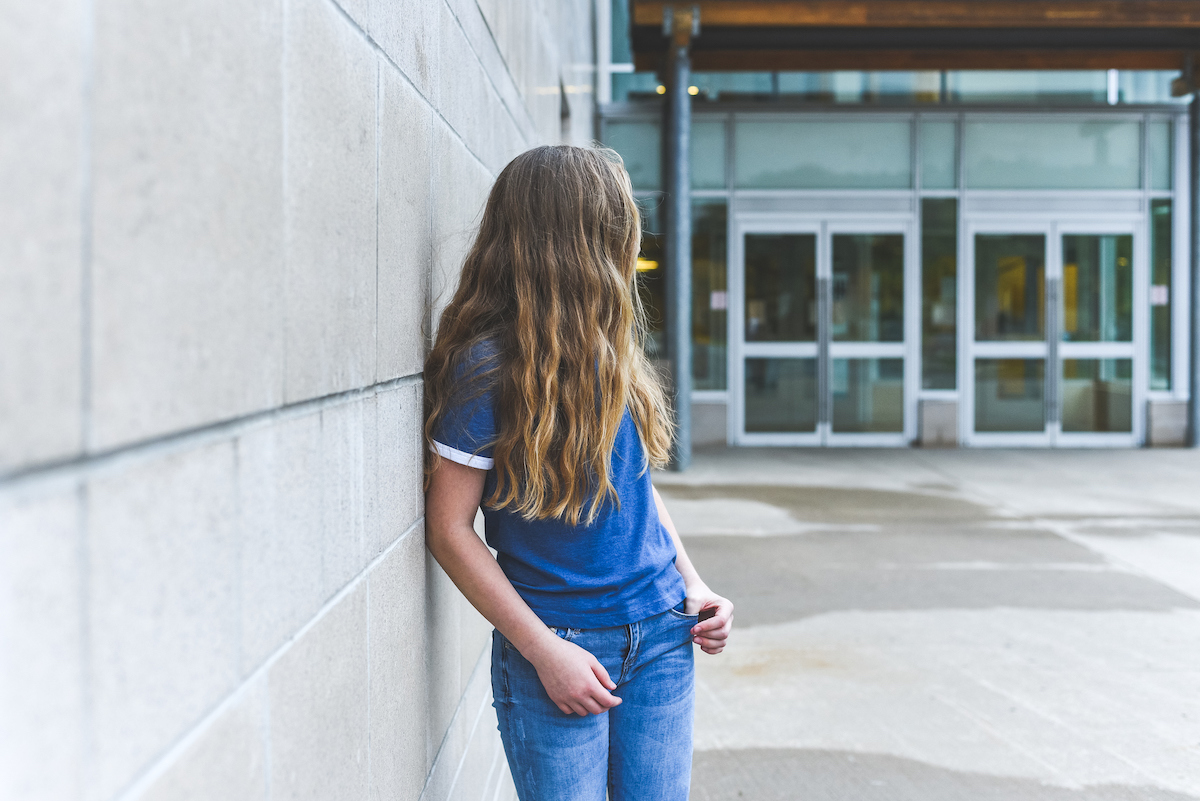<< Back
Mass Shootings, Suicides Create Call for Action

March 26, 2019
In just a matter of days, two survivors of the Parkland, Fla., mass shooting and the father of a first-grade girl killed in the Sandy Hook massacre committed suicide.
While the actual shootings occurred more than six years apart, time has little to do with how someone is impacted by such tragedies.
“One of the things we need to do is to make sure we realize that people are all going to experience things in different ways and we need to stay close in touch to those who have been exposed to that level of trauma — not just immediately when it happens but over a long period of time,” said James O’Dea, PhD, MBA, Vice President of the Hartford HealthCare Behavioral Health Network. “These events change people for their whole lives.”
Dr. O’Dea’s comments came the same day as the suicide of Jeremy Richman, father of one of the 20 students and 6 teachers gunned down in the 2012 Sandy Hook Elementary School shooting in Newtown. (To watch the complete interview with WFSB, click here.) Since Avielle’s death, Richman fathered two other children and was active in research related to the brain and aggressive behavior.
As these tragedies continue to unfold, it is impossible to make sense of it all or predict how one will react. But the fact remains that unlike some medical conditions, suicide is on the rise. This makes it even more important for people to be aware of warning signs and resources available. According to Dr. O’Dea, vulnerable people may:
- Have feelings of always being unsafe or at risk.
- Suffer from sleep and appetite changes.
- Are preoccupied with the events that have happened in the past or current events such as the New Zealand mosque murders, which can re-energize or trigger traumatic memories.
- Feel survivor’s guilt – wondering why they were not harmed but someone they loved or cared about was.
- Show significant changes in behavior.
- Don’t enjoy things like they used to.
- Have pronounced highs and lows in their feelings.
- Appear withdrawn or shut down.
With mass shootings and related suicides happening regularly, Dr. O’Dea said it is important for everyone to talk about the issues openly, honestly and directly – with children and adults.
Questions include: Are there times that you feel your life is not worth living? Are there times you want to go to bed at night and hope you don’t wake up in the morning?
If the answer to either question is yes, then follow up questions may include: Have you had thoughts of ending your life? Have you made attempts to commit suicide? Have you done some things to organize your life around a suicide attempt?
While it might be a little upsetting, “It’s far better to ask the questions than not ask the questions,” Dr. O’Dea said.
When it comes to children, the curious approach doesn’t need to just come from close friends and loved ones. Guidance counselors, teachers, other adults, peers, cafeteria staff and others who know children well and notice changes in appearance or behavior should say something to the student or bring it to someone’s attention.
“Our efforts of being careful are failed efforts.’” O’Dea said. “This really needs to be an all hands on deck approach. If we are going to make a positive impact on what is increasingly becoming a tragedy in this country we are going to have to do something differently. Being quiet, being respectful and thinking you are being sensitive is not working. Everyone needs to engage.
“It’s heart-breaking, but these are tragedies happening across our country and unfortunately we have had to have this conversation far too often.”
If you or someone you know needs help, speak with your primary care provider, pediatrician or visit www.hhcbehavioralhealth.org